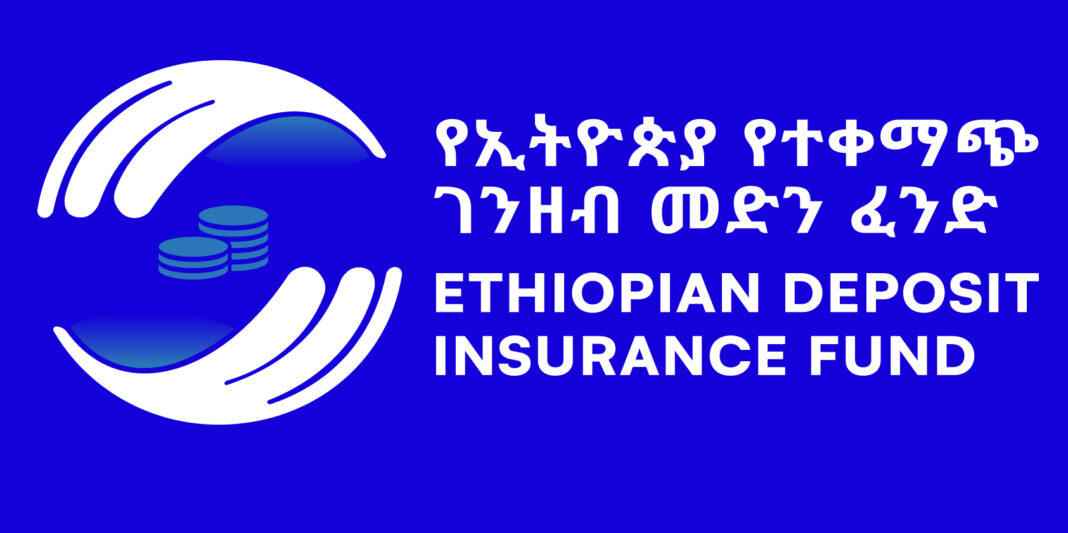Ethiopia has launched a landmark digital system designed to overhaul governance and combat entrenched corruption in its construction industry. The Ethiopian Construction Authority (ECA) on Friday inaugurated the Construction Regulation Information System (CRIS), a comprehensive platform aimed at replacing the fragmented, opaque, and manual processes that have long hindered efficiency and fueled malpractice in the sector.
The platform targets critical pain points such as building permit approvals, compliance certifications, and project registrations—procedures that were previously handled through disconnected paper-based systems. According to officials, this outdated approach created fertile ground for delays, inflated costs, poor oversight, and what ECA Director General Mesfin Negewo described as “catastrophic malfunctions.”
Developed in collaboration with the Information Network Security Administration (INSA), CRIS was unveiled in a ceremony that underscored its strategic importance. Mesfin compared the initiative to national milestones like the Grand Ethiopian Renaissance Dam, framing it as a structural reform with far-reaching economic impact. “CRIS will enable the Authority to execute its mandate with clarity, efficiency, and accountability,” he said, adding that it would help catalyze national economic growth through transparent and fast service delivery.

Ten months of preparatory work went into the platform’s design, with ECA citing the need to eliminate double registrations, inconsistent records, and reliance on informal information exchanges between departments. One of CRIS’s cornerstone features is the Project Registration Management System (PRMS) module, which serves as a centralized digital hub for managing all registered construction projects. This module offers a single entry point for stakeholders—ranging from project owners to regulatory officers—ensuring that compliance and accountability are embedded from the start.
Officials say the system will automate basic processes, cut administrative burdens, and reduce opportunities for bribery or procedural manipulation. It also has potential to integrate with Ethiopia’s education, tax, and national identification databases, enabling a complete, real-time view of sector activity.
Minister of Urban and Infrastructure Development Chaltu Sani said the new system represents a critical step toward “a sustainable, complete, transparent, and unified digital management framework” for construction oversight nationwide. She emphasized that CRIS will help ensure projects are delivered on time and within budget, enhancing the sector’s role in driving GDP growth.
By consolidating records of projects, registered professionals, consultants, and contractors, the ECA anticipates improved data-driven policymaking and sector regulation. The authority maintains that CRIS will not only solve historical inefficiencies but also serve as a long-term driver for sustainable development, accountability, and modernized infrastructure delivery in Ethiopia’s rapidly expanding construction landscape.







